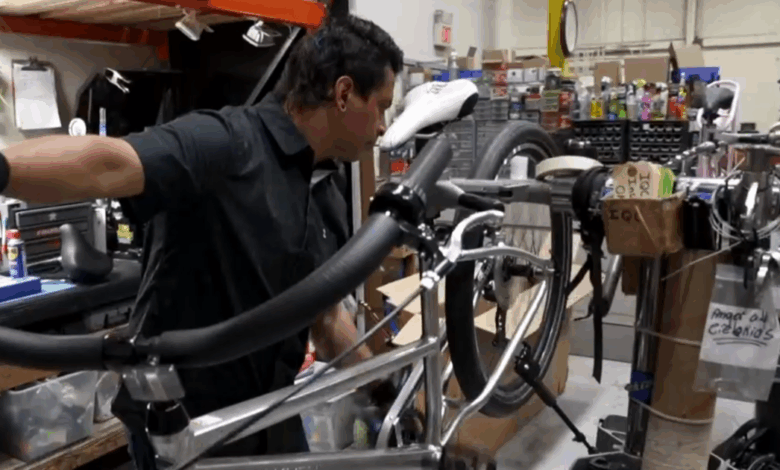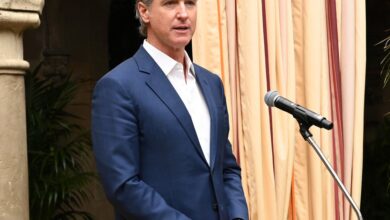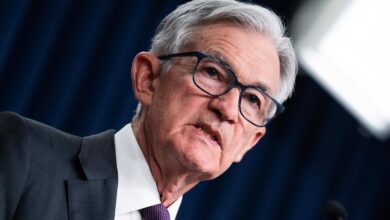Tariffs force U.S. bicycle company to halt imports from China

The Kamler family, owners of Kent International based in Fairfield, New Jersey, have deep roots in the bicycle business spanning four generations. Arnold Kamler, the former CEO, joined the company in 1972 when it had only six employees, including his parents. Fast forward to today, Kent International has over 200 employees and sells approximately two million bikes annually in the U.S., making them one of Walmart’s major suppliers. However, their American dream is being jeopardized by President Trump’s tariff plan.
With about 90% of their bikes imported from China and the remaining assembled in the U.S. using parts from Asia, Kent International has been hit hard by the recent tariff increases. Under the new tariffs, the company faced a staggering 181.47% in import duties and tariffs during a one-month period, resulting in a hefty $3.1 million tariff bill.
The impact of the tariffs is significant, with the cost of a bicycle wheel imported from China soaring from $10-$12 to around $30. Arnold Kamler expressed frustration over the situation, emphasizing that China is not absorbing the tariffs – instead, it’s the American companies like Kent International that are bearing the burden.
In response to the escalating tariffs, Kent International halted new orders from China for April and has no plans to place new orders in May. Even if the tariffs against China are reduced, the company faces challenges as dozens of other countries are also subjected to new tariffs, making it difficult to find alternative foreign vendors.
While some suggest shifting production entirely to the U.S. as a solution, Arnold Kamler dismisses this as financially unfeasible. He shared a story of a local company quoting $12 for a handlebar that used to cost $1.50, highlighting the stark difference in production costs between the U.S. and Asia. Fully manufacturing and assembling bikes in the U.S. would result in exorbitant prices, with a $100 bicycle potentially costing $1,000 if all parts were made domestically.
The future remains uncertain for Kent International as they navigate the challenges posed by the tariffs. The company’s legacy in the bicycle industry hangs in the balance as they grapple with the economic implications of the trade policies put in place by the Trump administration.





